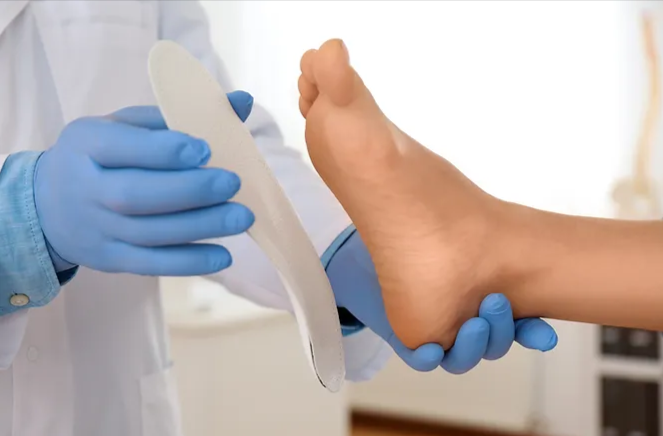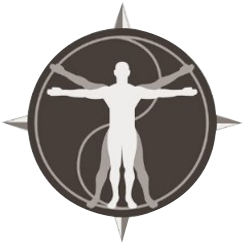Custom orthotics: types, uses and who can get them?

Foot pain can be serious enough for you to miss work or special occasions. Since the feet carry your body weight and are used daily, it is not surprising that foot problems are common.
Custom orthotics are specially designed foot devices that cushion the feet and enhance muscle function so you can enjoy your daily activities.
In this article, we will explore the different types of orthotics and who can get them, so read on to know if you may need one.
Wholesale orthotics vs. Custom orthotics
Get a recommendation from your foot specialist who will assess you and determine which is best for you.
Orthotics come in various shapes, sizes, and colors and can also be mass-produced or customized. Mass-produced orthotics are easily accessible at various shops and stores and do not require waiting through several processes to get them.
The downside is that you may struggle to get the right fit and using the wrong orthotics will not correct the problem.
Custom orthotics are specially made for you and are definitely worth the extra dollars and time because you’re sure to see improvement in your foot pain, pressure re-distribution, and posture.
How are Custom Orthotics made?
As with custom-made devices, specific measurements are taken before sending them to the lab for fabrication. The podiatrist would make a mold of your feet in rest position, with markings and prescriptions, and send it to the laboratory.
The technologist then makes a cast out of the mold following the specifications. After it sets, they make the orthotic on the cast that serves as a replica of your foot.
You will need to change your custom orthotic annually because wear and tear from daily use can gradually reduce its function.
Types of Custom Orthotics
Custom orthotics defer in texture and the type fabricated for you will depend on your need as determined by your podiatrist.
1.Soft orthotics provide cushioning for people with less fat tissue or arthritis. It is a shock absorber and re-directs pressure from pain points.
2. Semi-rigid orthotics have some rigid materials incorporated within and help maintain balance in athletes.
3. Rigid Orthotics are designed to correct foot anomalies and for motion control.
Who can get them?
Your podiatrist would let you know if you could benefit from using custom orthotics for your foot pain or deformity. People who can use Custom orthotics include:
-
Athletes and workers whose jobs require standing for long hours
-
Patients who just had knee or back surgery and need support for their feet
-
People with arthritis or foot complications from diabetes
-
Have foot pain, sores, or conditions such as a high arch that disturb your movement and function.
Final Note
Getting a Custom Orthotic for your foot problem could be the difference between showing up and enjoying your friend’s party or sulking about all the fun you missed this weekend while dragging your feet around.
Locate a foot specialist near you to get professional advice on the best custom orthotic that meets your needs.

